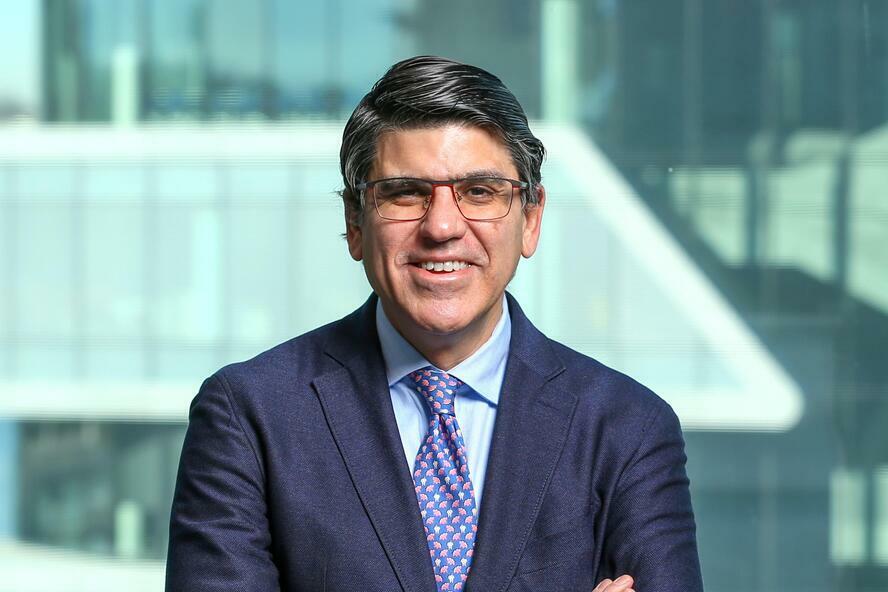
Maya Synowiec on Turning Geopolitical Risk into Investment Insight with Value Investing
Partner and Geopolitical & Legal Counsel at Podobas Global Investments, Maya Synowiec works at the crossroads of law, policy, and finance. Through the Value Investing and Advanced Value Investing programs, she refined her ability to connect regulatory and geopolitical shifts to valuation frameworks, strengthening her approach to disciplined capital allocation.







